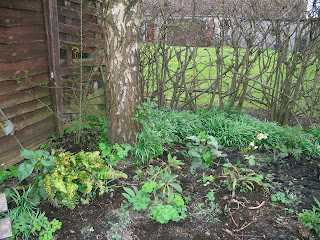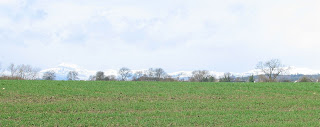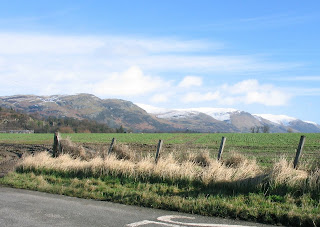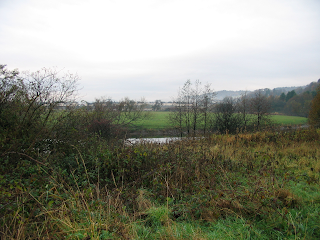David Abrams is a magician as well as an anthropologist and critic, so has a really interesting take on the concept of ‘spell’. It comes down to the fact that when a person knows somethng intimately and practices a craft to the point where it becomes second nature, it looks like ‘magic’ to an observer. But it isn’t – it’s knowledge and skill.
But this combination of knowledge and skill isn’t somthing our culture is good at. We are very good at learning vast quantities of information; we are pretty good at organising and storing and accessing information, and astonishingly good at communicating it (less good at evaluating it, however!).
What Abrams points out is not only that information is different from knowledge – it’s static, verifiable, presumed to be universal when verified, and requires intellectual detachment – but the pursuit of information rather than knowledge changes our relationship to the world in which we live – greatly to our detriment. Not only do we lose access to the skills and knowledge acquired by the ‘magician’, but we become increasingly isolated from the earth, and ignorant about the way we need to treat it. In primitive societies people lived in dialogue to all the living creatures, and even the earth itself. Once we became literate, or more accurately, privileged the kinds of knowledge conferred by literacy over the rest, we tallked only to other humans, or perhaps only literate humans, and since the internet gives us access to so many people that we must be selective, only to those humans who reflect our own world vision.
It’s a compelling argument, and backed up by a lot of interesting and convincing research. I have reservations however. I don’t think those skills and that kind of knowledge arequite so lost as Abrams imagines. Anyone who practises a craft, works with animals with any dedication, tends a garden or tries to observe wildlife; anyone who looks after small children or provides care for the sick or for people in difficulty, is learning other ways of knowing and relating to the world around us. Many of the experiences Abrams has to go to indigenous tribes to discover are a regular part of life for urban western people who aren’t confined to a university or a bank. But it is true, and dangerously true, that this kind of knowledge and skill, that implies relationship rather than detachment, experience rather than validation, and is fluid, adaptive and relative rather than static and verifiable, is despised in certain quarters. And those are the quarters who have the money and the power and where decisions are made.
Also I must admit that I have a soft spot for the static, verifiable, scientific kind of knowledge. I am by nature impulsive, emotional and adaptive. I do the relational sort of response all the time. It’s not always the right thing to do. Often it makes decision-making incredibly difficult and it leaves you fairly vulnerable to bullying and manipulation. An ability to sort things out, get organised,detach yourself from the whirlwind or the bog of the immediate situation, make comparisons and evaluate your information can be pretty damn’ valuable now and then.
Anyway, if we stopped being literate, who would read this book?










